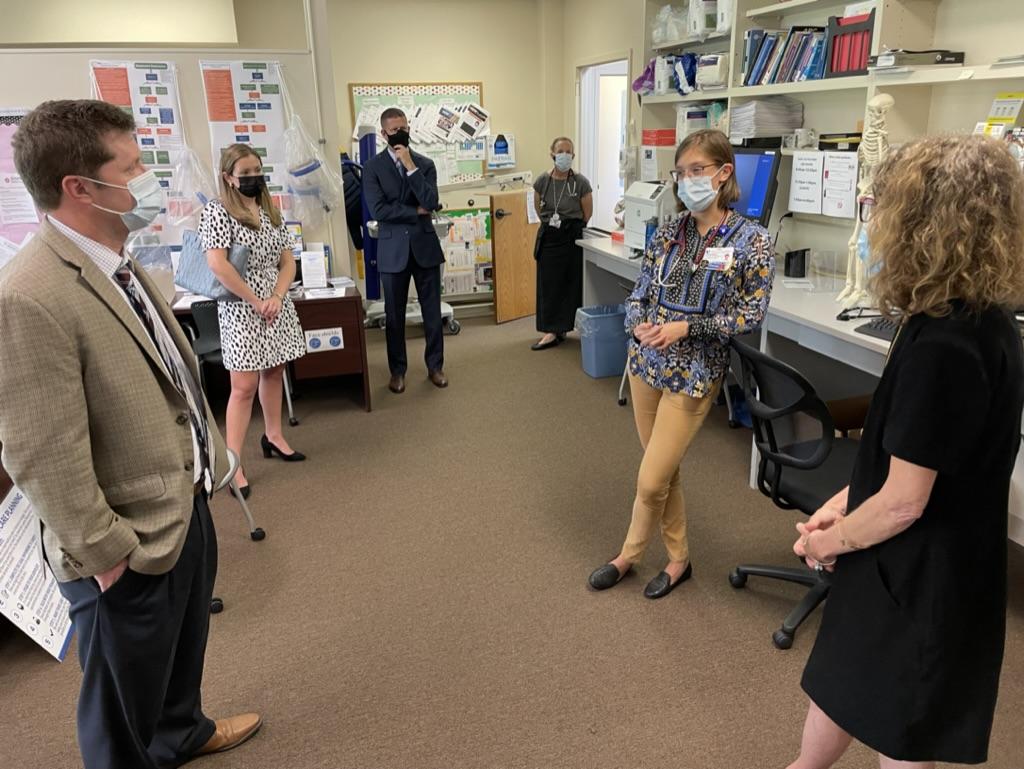Our Mission
Educating the next generation of researchers and health providers in genomics and precision medicine is part of the fabric of our values at the Duke Center for Precision Medicine. From post-doctoral training programs in genomic research to undergraduate individual and team projects and summer programs, we are committed to providing extraordinary mentorship and educational experiences to future genomic researchers, educators, and clinicians.

The Duke Precision Medicine Program is pleased to work with undergraduate students interested in gaining first-hand experience about applied genomics and precision medicine. Programs, such as the Snyderman Scholars and Summer Scholars in Genome Sciences & Medicine, are available. Susanne Haga, PhD is the Co-Director of the Summer Scholars in Genome Sciences & Medicine and Snyderman Program and oversees the educational mission of the Duke Precision Medicine Program.
Precision Medicine Forum
The Duke Precision Medicine Program Forum Series features speakers from Duke and beyond working on innovative research in clinical, translational, and basic sciences. The forum is open to attendees internal and external to Duke.









